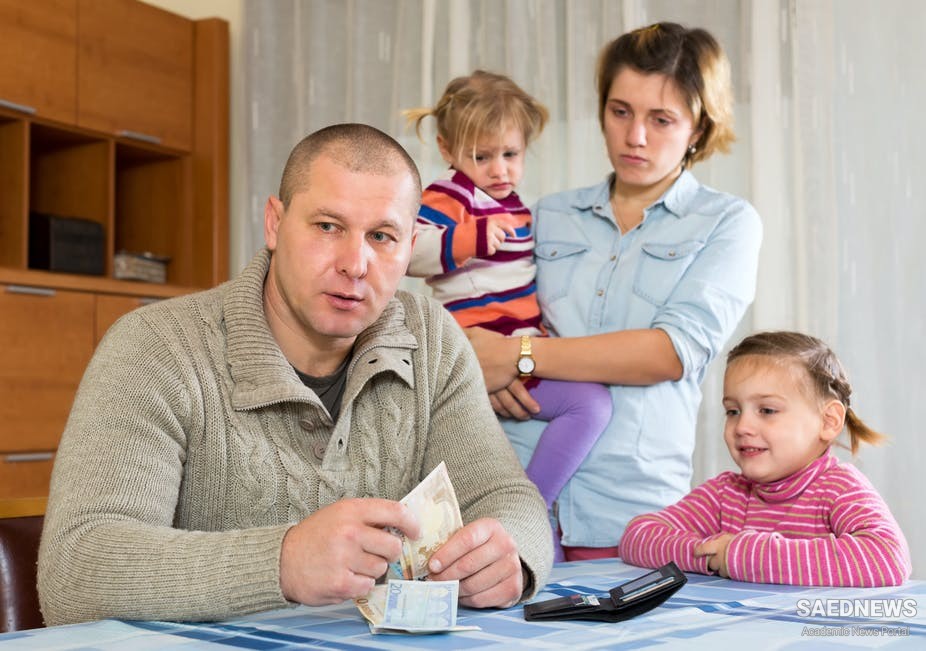Paris, SAEDNEWS: According to a study by a network of French women’s rights NGOs, Solidarité Femmes (Women’s Solidarity), 23 percent of female domestic violence victims say their partners mistreat them financially – ranging from controlling expenses, to forbidding them from working, to expropriating their wages.
The committee on women’s rights for the French National Assembly (lower house) now wants to make such “economic violence” a criminal offence in France.
Ahead of International Women’s Day on March 8, FRANCE 24 discussed the issue with Françoise Brié, a spokeswoman for the Solidarité Femmes network.
What exactly is economic violence?
Based on our work on the ground and our national helpline, we’ve identified six forms of domestic violence: verbal, psychological, physical, sexual, economic and administrative. Economic violence encompasses a range of actions controlling women’s financial autonomy, such as taking away their salary or possessions, controlling how they spend their money or even forbidding them from having a job.
So economic violence usually takes place within the household, but it can also continue after a separation – for example, by bringing repeated legal proceedings against women with little or no financial resources. I must underscore that I’m not talking about ordinary monetary disputes between couples but what is actually a very serious form of domestic abuse.
How widespread is this in France?
There aren’t many statistics available, but women’s rights groups have found that this phenomenon crops up repeatedly. In the 2019 study, for which Solidarité Femmes looked at nearly 13,000 cases of domestic violence, more than one in five women described this kind of financial abuse.
Among the 3,000 examples of economic abuse we found, one woman told us that her partner gave her just €20 per week for her and her children. Another woman signed her property over to her abusive spouse at the notary’s office, despite the latter’s warnings. We’ve also spoken to women whose spouses charged them with living expenses, while the abusive partner continued to pay the bills and refused to divide up their joint property upon their separation.
Our study also found that this phenomenon affected women across society, from low-wage workers to senior business executives.
What can be done?
Victims sometimes find themselves without any money or anywhere to go when they leave their abusive partners. We need more emergency shelters and more funds to allow NGOs to focus more effectively on supporting women psychologically, helping them with administrative processes and also with their eventual return to the workforce.
For those of us working in women’s rights NGOs, a lot of our work is focused on deconstructing insidious sexist notions that have taken hold inside victims’ heads; we have to make them realise that they are not guilty. This is especially difficult because economic violence takes place in a broader societal framework that generally disadvantages women.
Things have started to move forward on a political level. Marie-Pierre Rixain, an MP for President Emmanuel Macron’s centrist La République En Marche party, wants to ensure that female employees’ wages always go into a bank account under their own name to protect their financial autonomy. That’s a step in the right direction, but we must go further by making economic violence a criminal offence. The fight against this phenomenon must be a priority, just like the issue of sexual violence and the challenge of ensuring that victims have a place to go when they leave abusive partners (Source: France 24).


 Iranian Women Married to Foreign Men Can Apply for ID Card for Their Children, Foreign Ministry Announces
Iranian Women Married to Foreign Men Can Apply for ID Card for Their Children, Foreign Ministry Announces














































